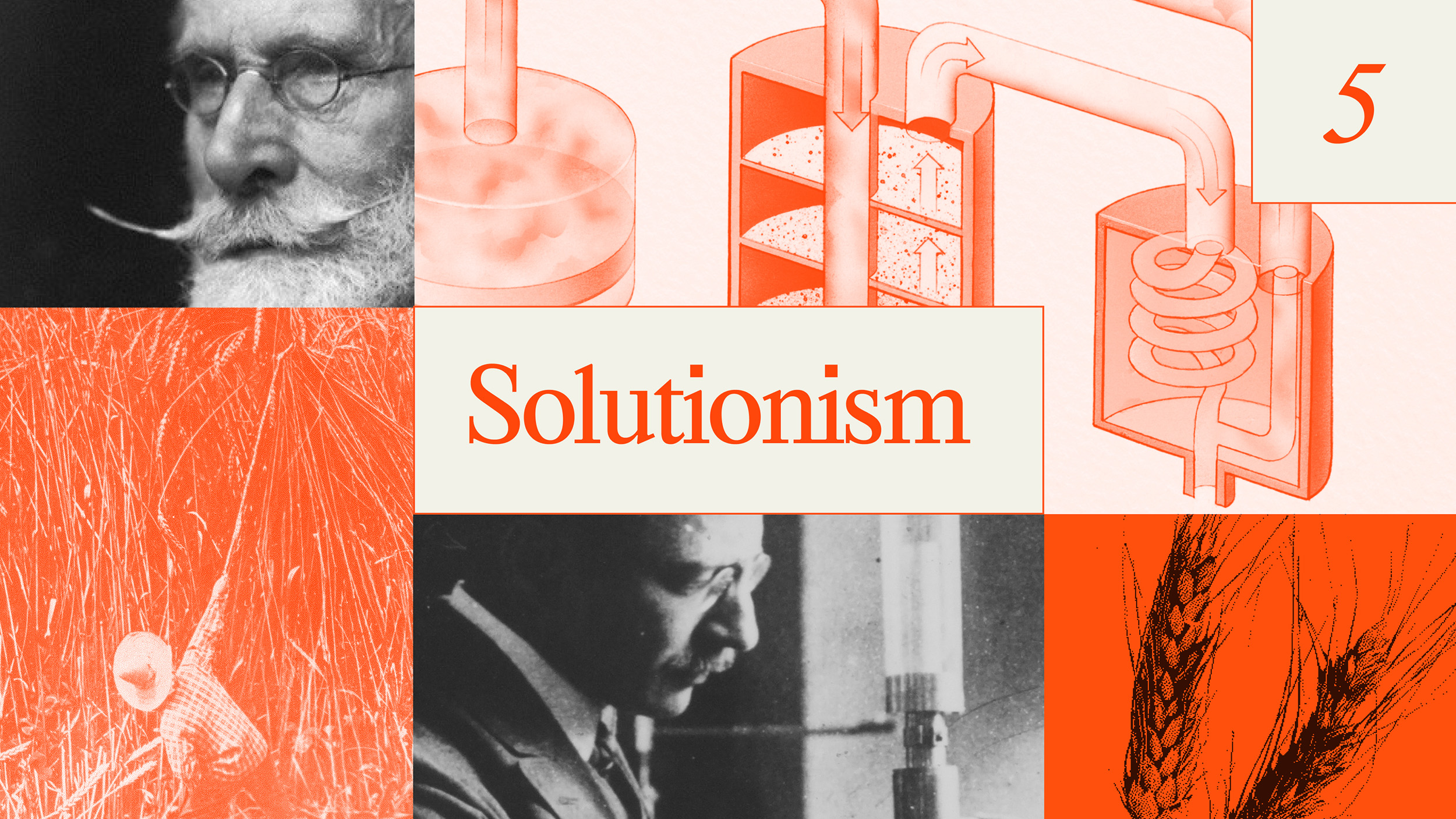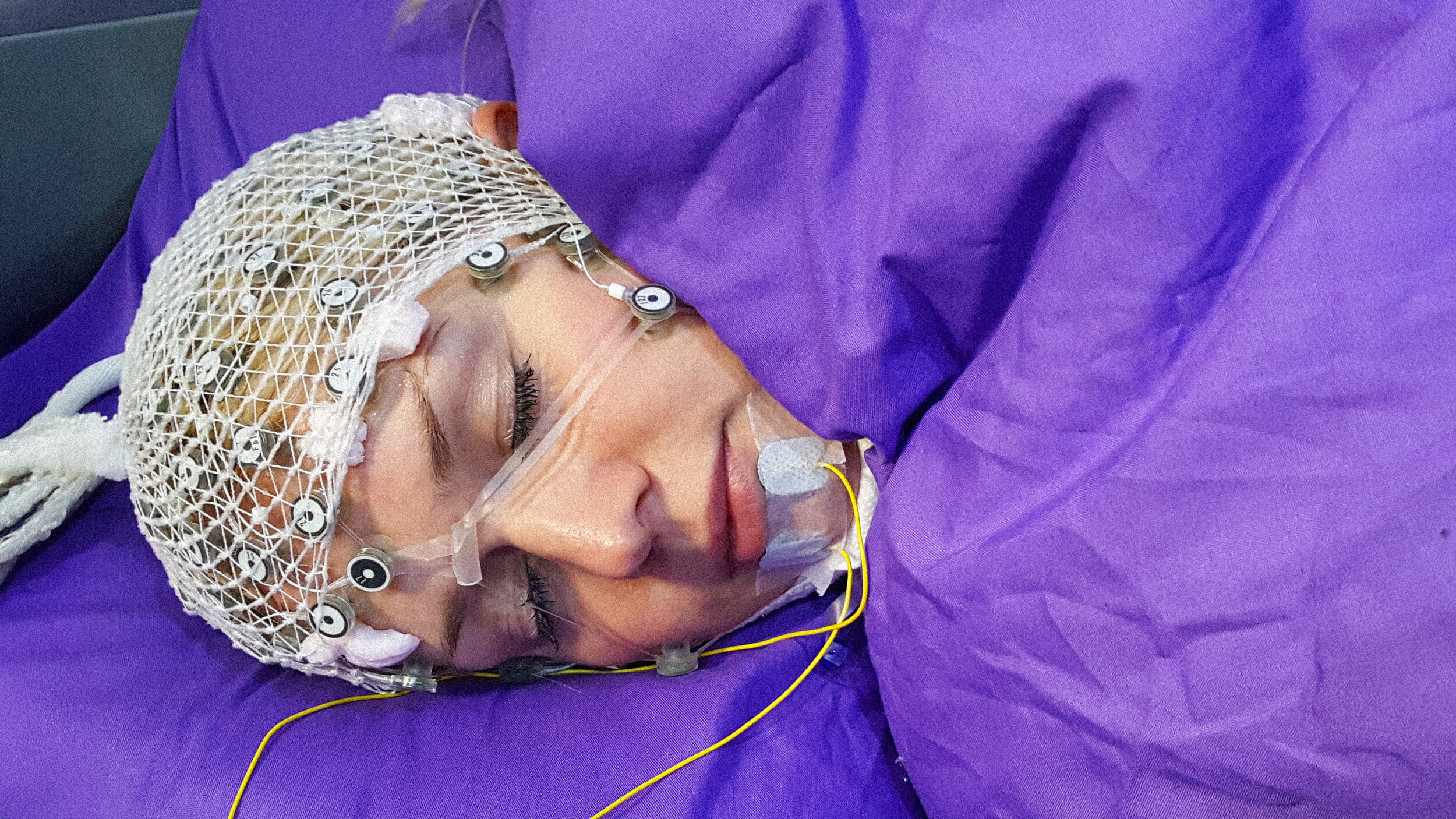Comedians are more likely to have mental health issues than the rest of us. Is it in their nature? Or their environment? And what can they do to help the rest of us improve our own mental health? Dr. Ildiko Tabori, America’s foremost therapist for comedians, explains.
Ildiko Tabori: Being a stand-up comedian is one of the hardest jobs in the entertainment industry, if not the hardest job in the entertainment industry. And it takes a special skill and a special talent to be able to do that, to be up there onstage, just you and a microphone and a stool, and be able to be so open and vulnerable. You know, you hear stories. Comedians are more depressed. They have more substance abuse. They have more this, more that. And, you know, they’re just a really, really troubled population. And I, I don’t necessarily think they’re more troubled than anybody else. The lifestyle of a stand-up comedian breeds the depression. Or can exacerbate something that’s pre-existing, like the bipolar disorder, or substance abuse. Because what happens is that they are out on the road, and they are by themselves, and they’re traveling sometimes to these areas that aren’t very popular and aren’t very pretty and working in these dark, dank clubs and then going back to a dark, dank hotel room. And it gets very, very lonely. They don’t have their support system. They don’t have much of anything there. They’re by themselves. So when you’re bored, you’re gonna find something to entertain yourself with, like alcohol or drugs. And that’s that’s when the problems start to persist, and then it, it goes on and on and on from there until they get treatment.
Comedians do see comedy as a sort of self-treatment. A lot of times they think of it as their therapy. The problem is, is that being onstage and performing and doing your stand-up it’s not therapy. It is definitely therapeutic, but it is not therapy. There is that, uh, thought that if you are successful, if you make more money, if you are admired, if you’re recognized out on the street, that all your problems are gonna go away. That is not true, and again, as we saw with Robin Williams, his problems did not go away. Your problems just become different. They become different levels of stress, different levels of depression. And it’s, across the board, if you don’t deal with your mental health it’s not gonna go away. There is a stigma across the board still with mental health. We think that that we can’t solve our own problems and if we go seek help by talking to a therapist, psychologist, psychiatrist, any other mental health worker, that there is a problem with us, that, that we’re crazy or something like that. So comedians I think will and can be a useful resource in terms of teaching the world about mental health issues. When you come out publicly, um, and deal with, um, any sort of issue on, um, a certain level, um, and talk about it as if it is just something that is not stigmatized, then we won’t look at it as something that is bad or evil or that we’re actually ill. I think what we need to start doing is really looking at mental health as any other medical condition that we all experience. You know, we have a pain in our knee, a pain in our back, we have diabetes, we have a heart condition, we go to a doctor, take medication, eat right, exercise, do what we need to do, follow through with that. And we start getting better, hopefully. Well, that’s the same thing with mental health.





